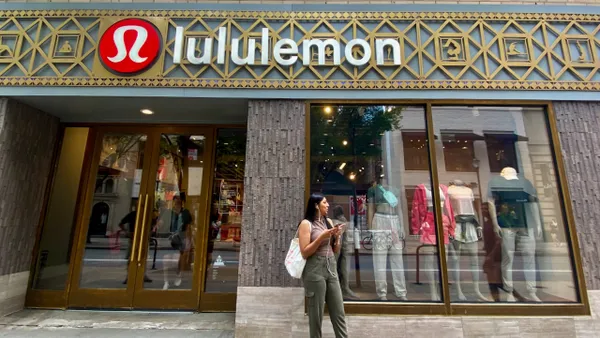Brief:
- Generation Z, the demographic group consisting of people ages 15 to 22, are major smartphone users, with 55% of them saying they spend more than five hours a day on their mobile devices, per a study that IT services company Cognizant shared with sister publication Mobile Marketer. The group wants deeper interaction with content, as 45% said they like the option of being able to control the content of a movie or TV show.
- Gen Z typically wants information targeted to them to be personalized. While 38% prefer online ads to be related to their browsing history or entertainment preferences, the cohort is less concerned about privacy, with 32% saying they aren't concerned that companies will use their personal online data in a way that could harm them.
- Social influencers have a significant effect on Gen Z buying behavior, per the report. Nearly a quarter said social media personalities had the most influence over their purchase decisions. However, word-of-mouth is still key, with 47% of respondents saying they're influenced most by friends and family.
Insight:
As a generation that grew up with smartphones and social media, Generation Z is a highly connected demographic group. More than one-third (38%) said they feel stressed when they can't access the internet, while 73% of Gen Z females and 62% of Gen Z males are "very tense or uneasy" if their phone stops working.
The group's interest in social media and influencer content points to ways marketers can capture their attention. Gen Z is typically fatigued by being inundated with overt ads, so reaching them through newer social platforms could help marketers to drum up interest and cut through the ad clutter. While Gen Z is highly aware of the opinions of social influencers, word-of-mouth is the top way they find information they can trust. That could be mostly a reflection of being young and still living with their parents, but the group expects those attitudes to change over time.
Additionally, more than one-third (35%) of survey respondents said user-generated content (UGC) will have more credibility in three to five years than content that comes directly from a company or independent source. This suggests that brands must continue to ramp up their social presence and develop fresh ways to spark UGC.
Alongside interest in engaging with brands on social media, Gen Zers appear to enjoy interacting with content. More than half of survey respondents said they're likely to use virtual reality to watch shows and movies or play games in the next three to five years. Fifty-four percent of the group said they're interested in creating customized digital entertainment packages, pointing to how marketers can better engage these young consumers through content that's personalized and interactive. Media and entertainment companies need to experiment more with short-form programming and to adapt engagement models to appeal to Gen Z, per Cognizant.














